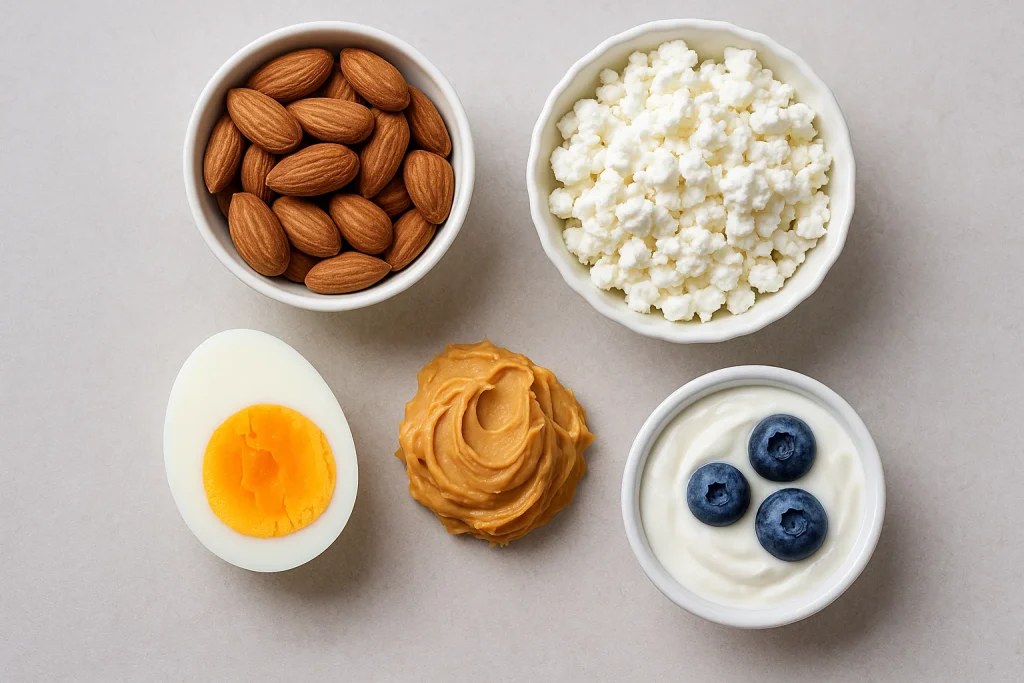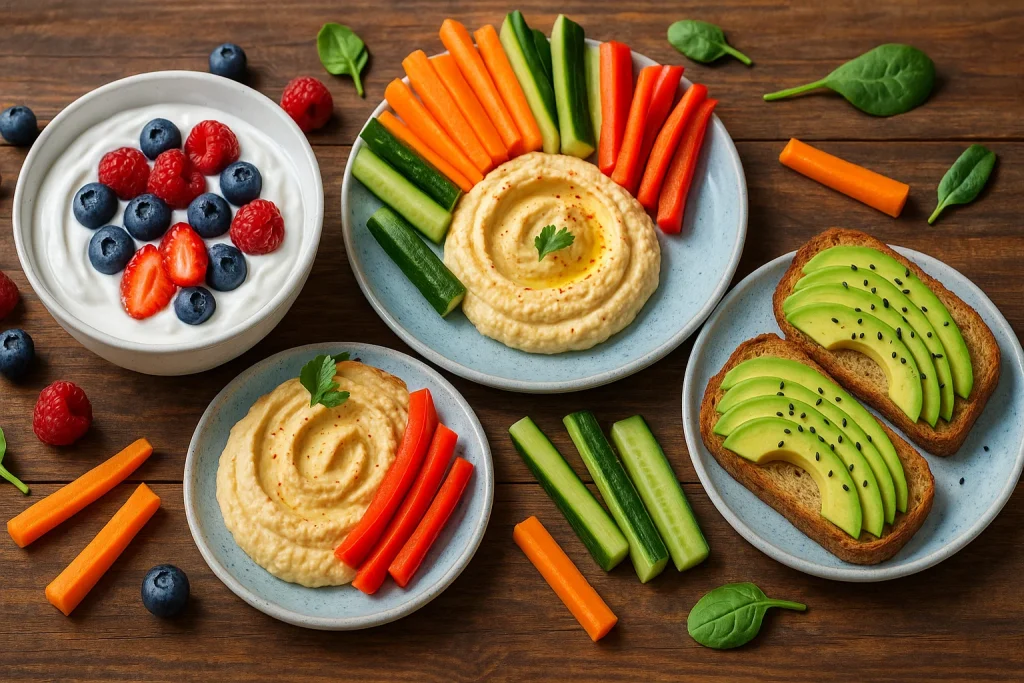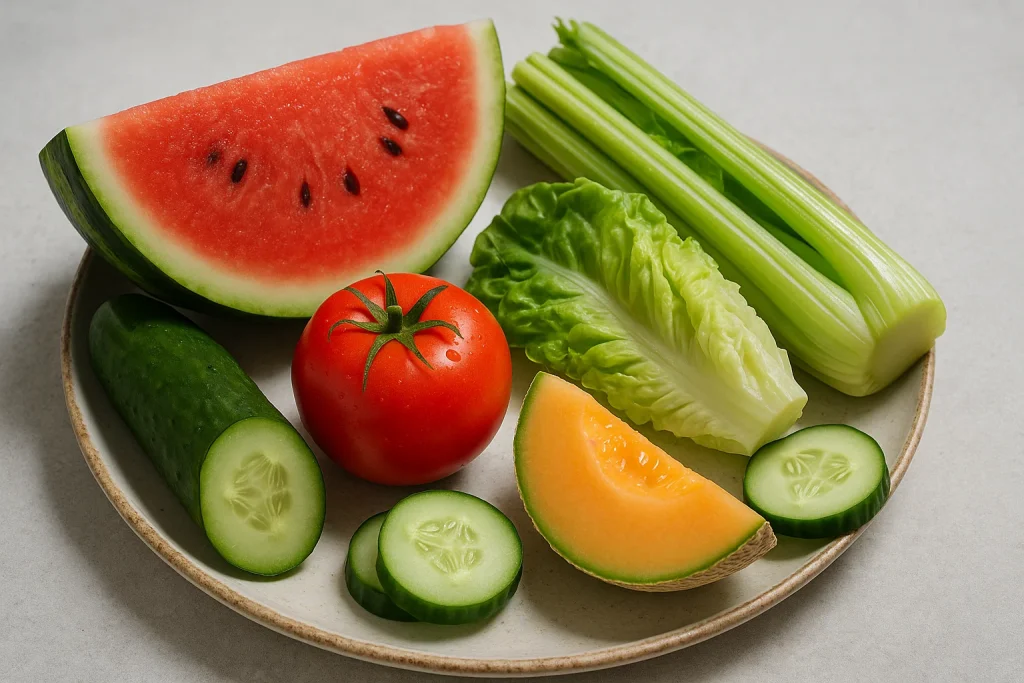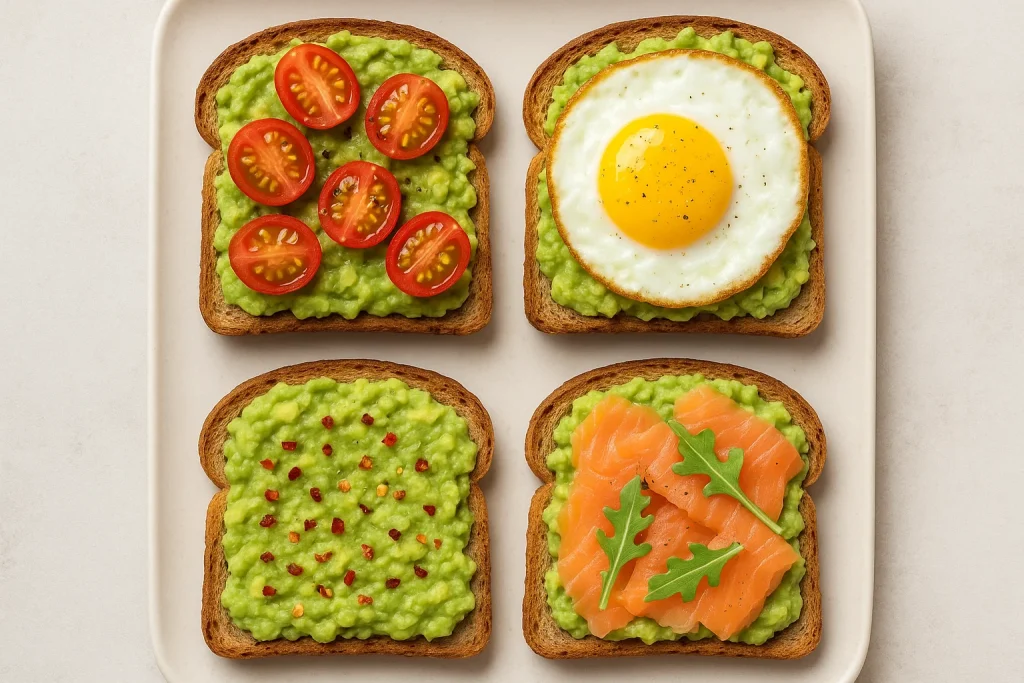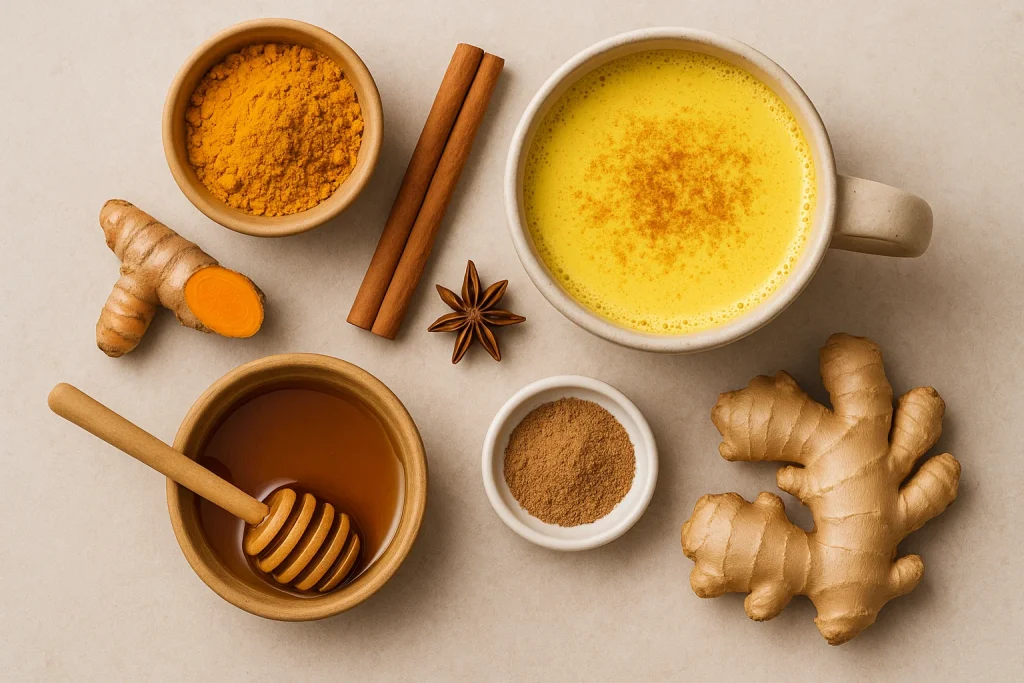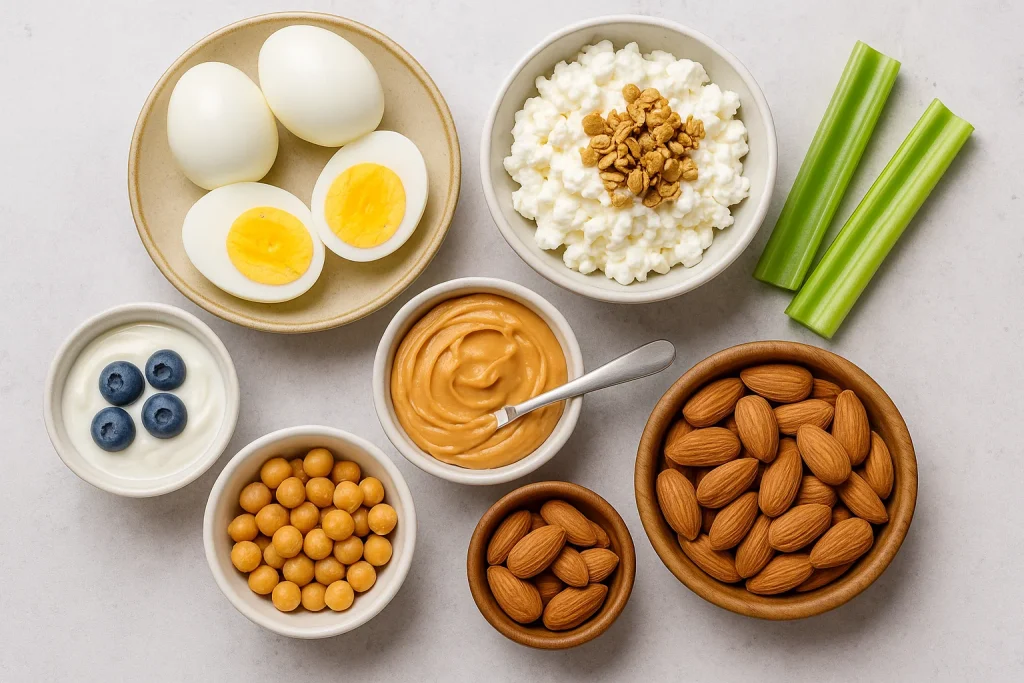Plant Based Protein Sources
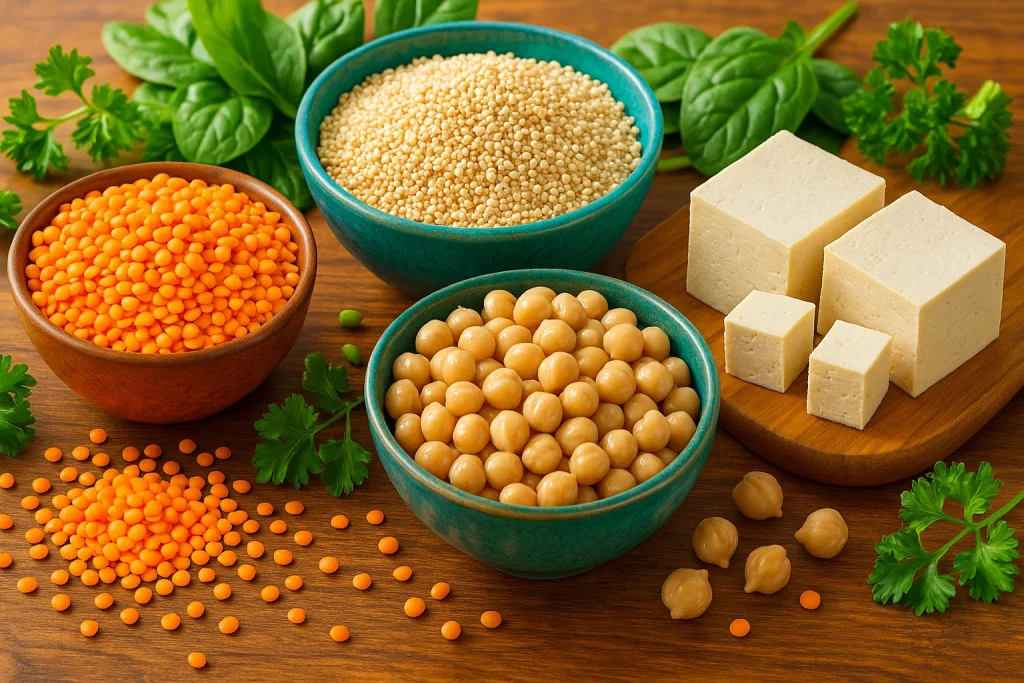
Protein is a vital macronutrient that plays a crucial role in building and repairing tissues, supporting immune function, and maintaining muscle mass. For those looking to follow a plant-based diet, plant-based protein sources are an excellent way to ensure you’re getting the protein your body needs to thrive. In this guide, we’ll explore the best plant-based protein sources and how to incorporate them into your diet.
Why Choose Plant-Based Protein?
Plant-based proteins are not only good for your health but also better for the environment. Plant-based protein sources tend to be lower in saturated fat and cholesterol, offering a heart-healthy alternative to animal proteins. They are also rich in fiber, vitamins, and minerals that promote overall well-being.
Top Plant-Based Protein Sources
1. Lentils
Lentils are one of the best sources of plant-based protein. They contain about 18 grams of protein per cooked cup. In addition to being high in protein, lentils are also rich in fiber, iron, and folate, making them a great addition to soups, stews, and salads.
2. Chickpeas
Chickpeas (or garbanzo beans) provide around 15 grams of protein per cooked cup. They are also high in fiber and contain essential vitamins and minerals like folate and manganese. Chickpeas can be used in a variety of dishes, including curries, hummus, and salads.
3. Quinoa
Quinoa is a complete protein, meaning it contains all nine essential amino acids that your body can’t produce on its own. With 8 grams of protein per cooked cup, quinoa is a great choice for those looking to add variety to their plant-based meals. Use quinoa as a base for salads or as a side dish.
4. Tofu
Tofu is made from soybeans and is a great source of plant-based protein, with around 20 grams of protein per cup. It’s also rich in calcium and iron. Tofu can be grilled, sautéed, or added to soups, stir-fries, and smoothies.
5. Tempeh
Tempeh is another soy-based protein, but it’s fermented, which gives it a unique texture and flavor. It contains about 21 grams of protein per 3-ounce serving. Tempeh is a great addition to sandwiches, stir-fries, or salads, and its firm texture makes it an excellent meat substitute.
6. Edamame
Edamame (young soybeans) are packed with protein, providing around 17 grams of protein per cooked cup. Edamame can be eaten as a snack, tossed in salads, or added to stir-fries and soups.
7. Chia Seeds
Chia seeds are an excellent source of protein, providing around 4 grams per ounce. They are also rich in omega-3 fatty acids, fiber, and antioxidants. Add chia seeds to smoothies, yogurt, oatmeal, or baked goods for an extra protein boost.
8. Hemp Seeds
Hemp seeds are a complete protein, containing all nine essential amino acids. They provide 10 grams of protein per 3 tablespoons. Hemp seeds are also a great source of healthy fats, fiber, and magnesium. Sprinkle them on salads, oatmeal, or blend them into smoothies.
9. Peas
Green peas are packed with protein, offering around 9 grams per cooked cup. They are also rich in fiber, vitamins, and antioxidants. Add peas to soups, stews, or simply enjoy them as a side dish.
10. Almonds
Almonds are a great source of protein, offering around 6 grams per ounce. In addition to protein, they provide healthy fats, fiber, and vitamin E. Enjoy almonds as a snack, sprinkle them on salads, or add them to smoothies.
How to Incorporate Plant-Based Proteins into Your Diet
- Start with breakfast: Add chia seeds or hemp seeds to your morning smoothie or sprinkle almonds on your oatmeal for a protein-packed start to your day.
- Lunch and dinner: Include lentils, chickpeas, or quinoa in your salads, soups, and grain bowls for an easy protein boost.
- Snack wisely: Keep a handful of almonds, edamame, or roasted chickpeas on hand for an easy and satisfying snack.
- Try tofu or tempeh: Use tofu or tempeh as a meat substitute in stir-fries, sandwiches, or even as the main protein in grain bowls.
The Benefits of Plant-Based Protein
- Heart Health: Plant-based proteins are naturally low in saturated fats and cholesterol, which helps support cardiovascular health.
- Digestive Health: Many plant-based protein sources, such as lentils and chickpeas, are rich in fiber, which supports healthy digestion.
- Sustainability: Choosing plant-based proteins is more environmentally friendly, as growing plant-based foods generally requires fewer resources than animal farming.
Conclusion: Build a Balanced Plant-Based Diet with Protein
Incorporating plant-based protein sources into your diet is an easy and nutritious way to ensure your body gets the protein it needs. From lentils and quinoa to tofu and chia seeds, there are many delicious and versatile plant-based options to choose from. Embrace these plant-based proteins to fuel your body while supporting your health and the planet.

